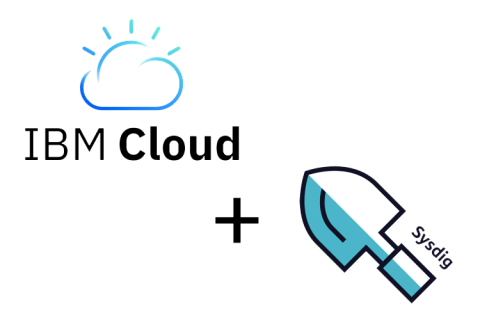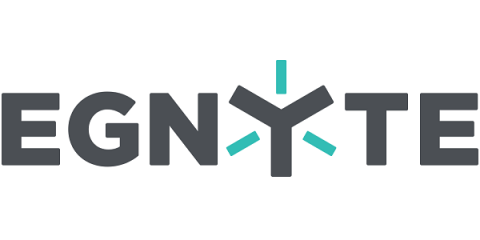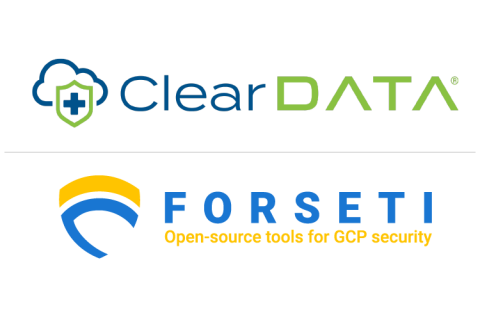AWS System Manager And The Dangers of Default Permissions
In September of 2018, Amazon Web Services (AWS) announced the addition of the Session Manager to the AWS Systems Manager. The session manager enables shell or remote desktop level access to your AWS EC2 Windows and Linux instances, along with other benefits. This is a great new feature, but care should be taken when enabling this capability.









